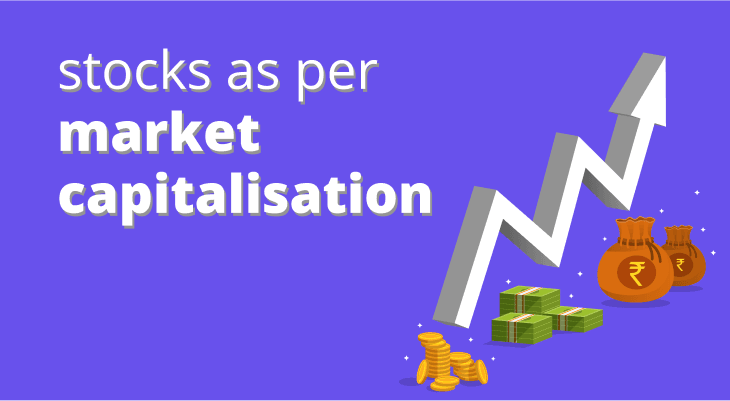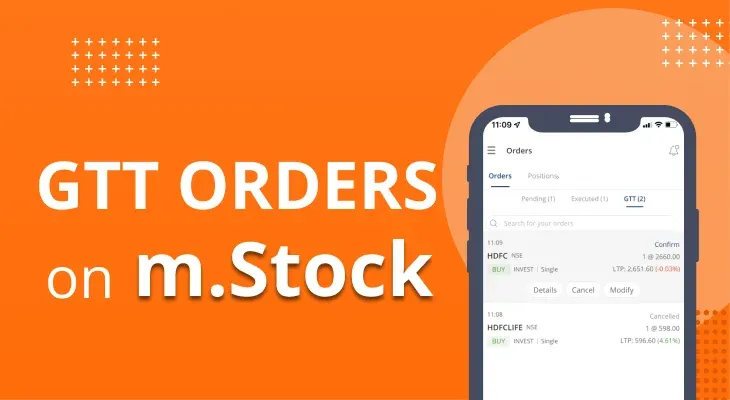
What is Pre-Open Market Trading?
The Indian stock market opens up for trading at 9.15 AM and goes on until 3.30 PM. These are the regular trading hours during which investors and traders may place their buy and sell orders.
However, in 2010, the National Stock Exchange (NSE) came up with a unique concept known as pre-open market trading that allowed investors and traders to place buy and sell orders before the markets open up for regular trading.
Wish to know more about pre-market trading and its benefits? Here’s a comprehensive guide that can help you understand this unique concept.
What is a Pre-Open Market Trading Session?
The National Stock Exchange in 2010 established a 15-minute window right before the Indian stock market opens up for regular trading. This session begins at 9.00 AM and lasts up until 9.15 AM and is referred to as the pre-market session. Pre-market trading is when buy and sell orders are placed on the exchange during this 15-minute window.
Although it was the NSE that brought about this concept, the Bombay Stock Exchange (BSE) also adopted it later on. The primary aim for bringing about pre-market trading was to help curb heavy volatility in the market and individual counters due to significant events or announcements that might have happened during the off-market hours.
During this 15-minute window, all of the buy and sell orders for the respective assets are matched with one another to determine the actual supply and demand. This information is then used to set the opening price of the asset. By closely following the pre-market movement of an asset, you can to a certain extent gauge the investor sentiment and the direction that the asset is likely to move during the day.
Breakdown of the Pre-Market Trading Session
Segment 1: Order Placement (9.00 AM To 9.08 AM)
During this 8-minute segment of the pre-market trading session, you’re free to place buy and sell orders for all the segments and asset classes. Additionally, you can also cancel or modify orders that you placed during the segment.
Segment 2: Order Matching (9.08 AM To 9.12 AM)
In this 4-minute segment, the stock exchanges confirm and match every buy order with a respective sell order. The opening price for the asset is then determined once the matching of orders is complete. During this segment, you cannot place any more orders or modify or cancel existing ones.
Segment 3: Buffer (9.12 AM To 9.15 AM)
This short 3-minute session is a buffer window during which no major activity is undertaken by the stock exchanges. In the case of any abnormalities, however, stock exchanges use this 3-minute session to rectify them.
Who Can Trade in a Pre-Open Market Session?
A pre-open market session is accessible to a wide range of participants in the stock market. Both retail and institutional investors can engage in pre-market trading during this specific window. It is particularly beneficial for those who aim to secure trades based on overnight developments, global market trends, or significant news releases. Traders, whether individual or professional, can place buy or sell orders in this session to potentially benefit from favourable price movements before regular trading hours begin.
The pre-market stock market session is also open to those who wish to gauge market sentiment and align their trading strategies accordingly. It provides a unique opportunity for participants to execute trades without the pressure of high volume seen during the main session. Ultimately, anyone with access to the share market via a Demat and trading account, and a clear understanding of the pre open market mechanism can participate.
How Does Pre-open Session in Share Market Help Reduce Volatility?
The pre-open session in the share market is crucial for ensuring a smooth and stable start to daily trading. It helps mitigate extreme price fluctuations that can arise from overnight developments, global market trends, or significant news. By processing trades early, the pre-market trading session creates a more balanced environment for both investors and traders. Here's how it helps reduce volatility:
Fair Price Discovery: During the pre open market session, buy and sell orders are matched to determine an equilibrium price. This process ensures that the market opens with a stable price, reducing the likelihood of erratic movements.
Absorbing Global Cues: Significant events such as international market changes or company announcements are reflected during pre-market stock market trading. This allows the market to adjust before regular trading begins, smoothing potential disruptions.
Transparent Order Matching: The pre-open market provides clarity by aligning orders based on actual demand and supply. This transparency minimises speculative activities, which can lead to sharp price swings.
Strategic Adjustments: Investors can use the pre-market trading session to adjust their positions or strategies based on early trends, ensuring better control over their investments.
By addressing these factors, the pre open market session effectively curbs volatility and fosters investor confidence.
Benefits of Pre-Market Trading
Pre-market trading provides investors with a lot of advantages. Here’s an overview of a few of the key benefits.
Early-Mover Advantage
By taking part in pre-open market trading, you can effectively leverage significant news such as geopolitical developments and company earnings and announcements to your advantage. For instance, if a company announces favourable quarterly results during the off-market hours, you can place a buy order during the next day’s pre-market trading session and get a head start.
Chances Of Reversals
Generally, in many cases, the pre-market reaction to a piece of particular news may not bear fruit during regular trading hours. In fact, the market direction may even reverse once regular trading starts. You can use the point of reversal to your advantage and place trades accordingly. For instance, if a company declares a record loss during off-market hours, the pre-market reaction to its stock may be negative. However, during regular trading hours, the bearishness may slowly reverse and turn bullish. You can make use of such reversals to your advantage.
Ideal For Investors With Limited Time
If you’re someone who has a tight work schedule and finds it difficult to place orders during regular market hours, the pre-market trading session may be perfect for you. You can place your orders during this window and carry on with the rest of your day.
Stock Prices May Be Favourable
Pre-market sessions can help you enter into positions at prices that are more favourable than what you would get during regular trading sessions.
Conclusion
Pre-market trading is a key session that can set the tone for the regular trading hours. However, the market may still reverse as the trading session slowly progresses. Since there’s always a bit of uncertainty and increased volatility with pre-open market sessions, trading during these periods is recommended only for experienced traders and investors.
If you’re keen on investing in equity or any other segment, consider opening a trading account and demat account from m.Stock for a seamless experience. The trading platform of m.Stock is packed with features and is robust enough to handle high volumes of trades. Additionally, you also get to enjoy zero brokerage trades on equity delivery, mutual funds and IPOs.
FAQ
Can anyone partake in pre-market trading?
Yes. Any investor can place trades during the 8-minute order placement segment (From 9.00 AM to 9.08 AM) of the pre-market trading session.
Where can I trade stocks during the pre-market session?
You can place trades during the pre-market trading session on both the Bombay Stock Exchange (BSE) as well as the National Stock Exchange (NSE).


